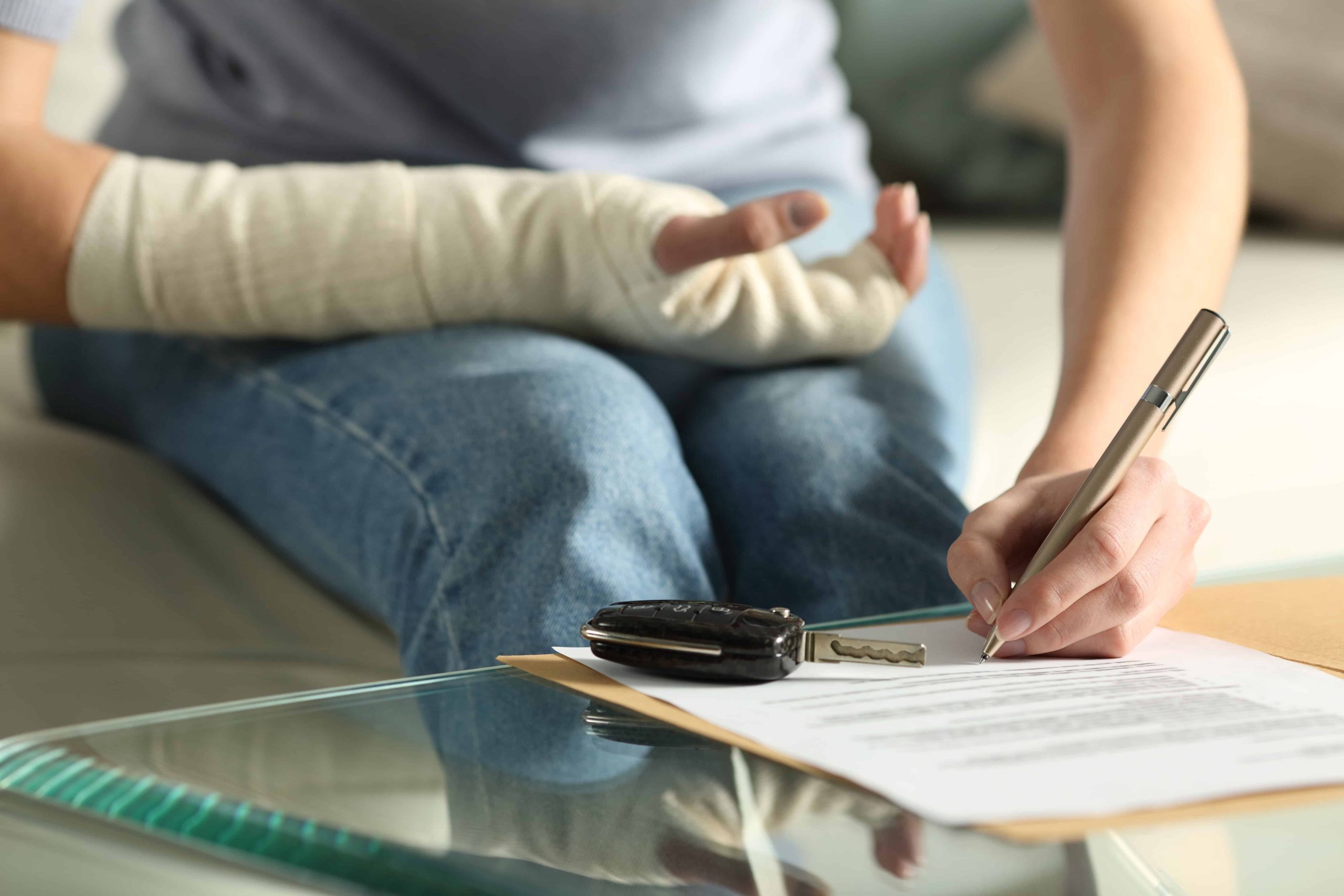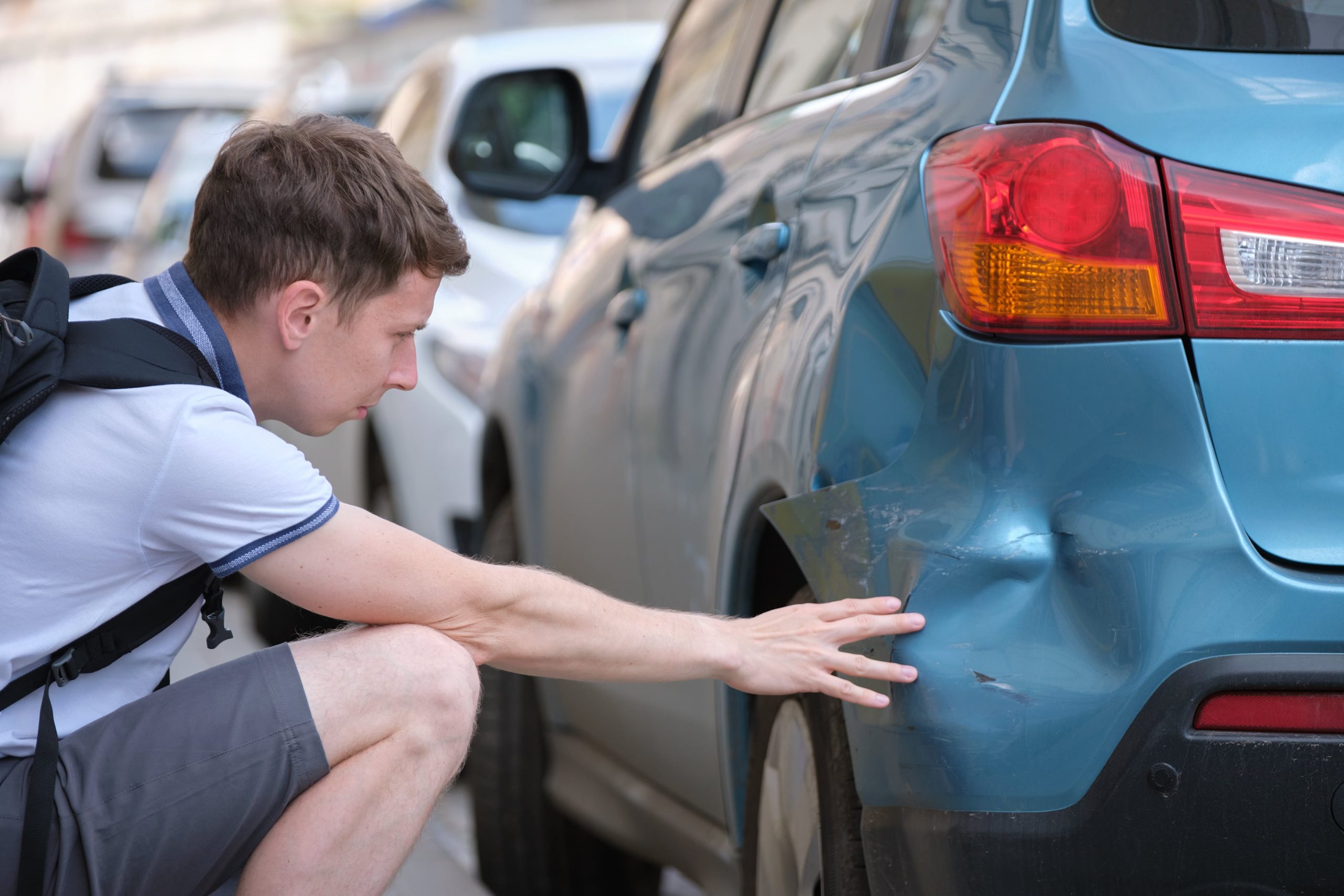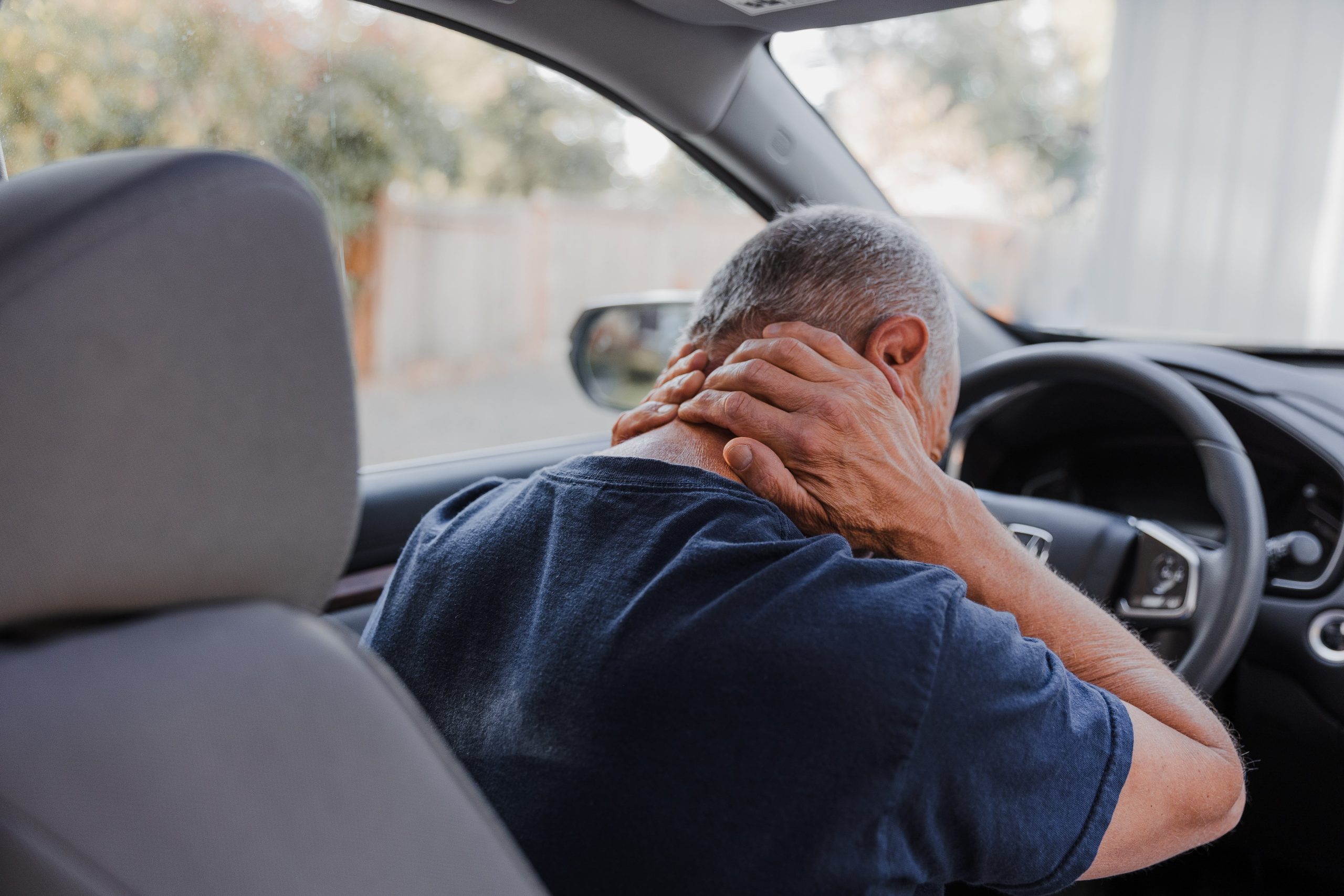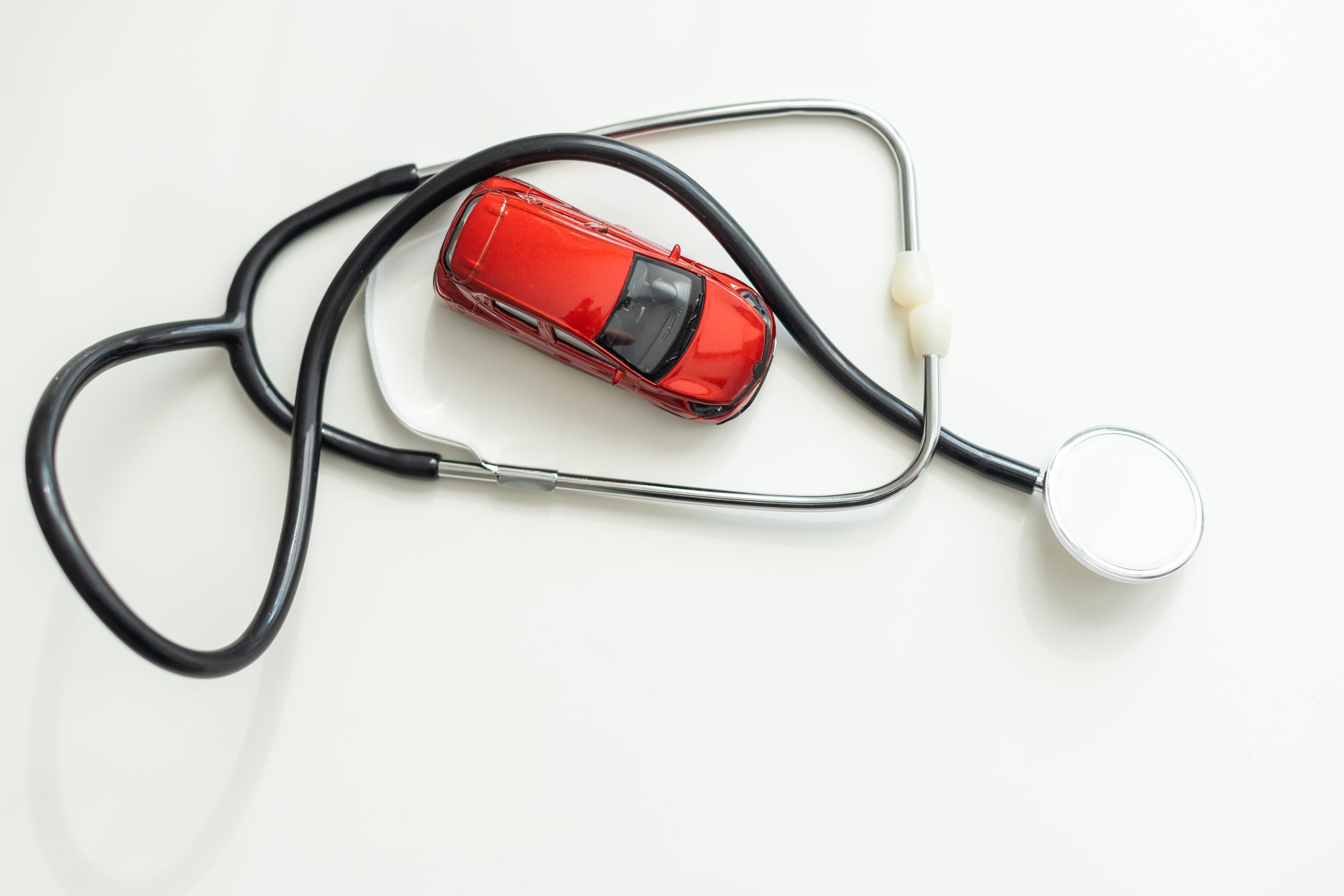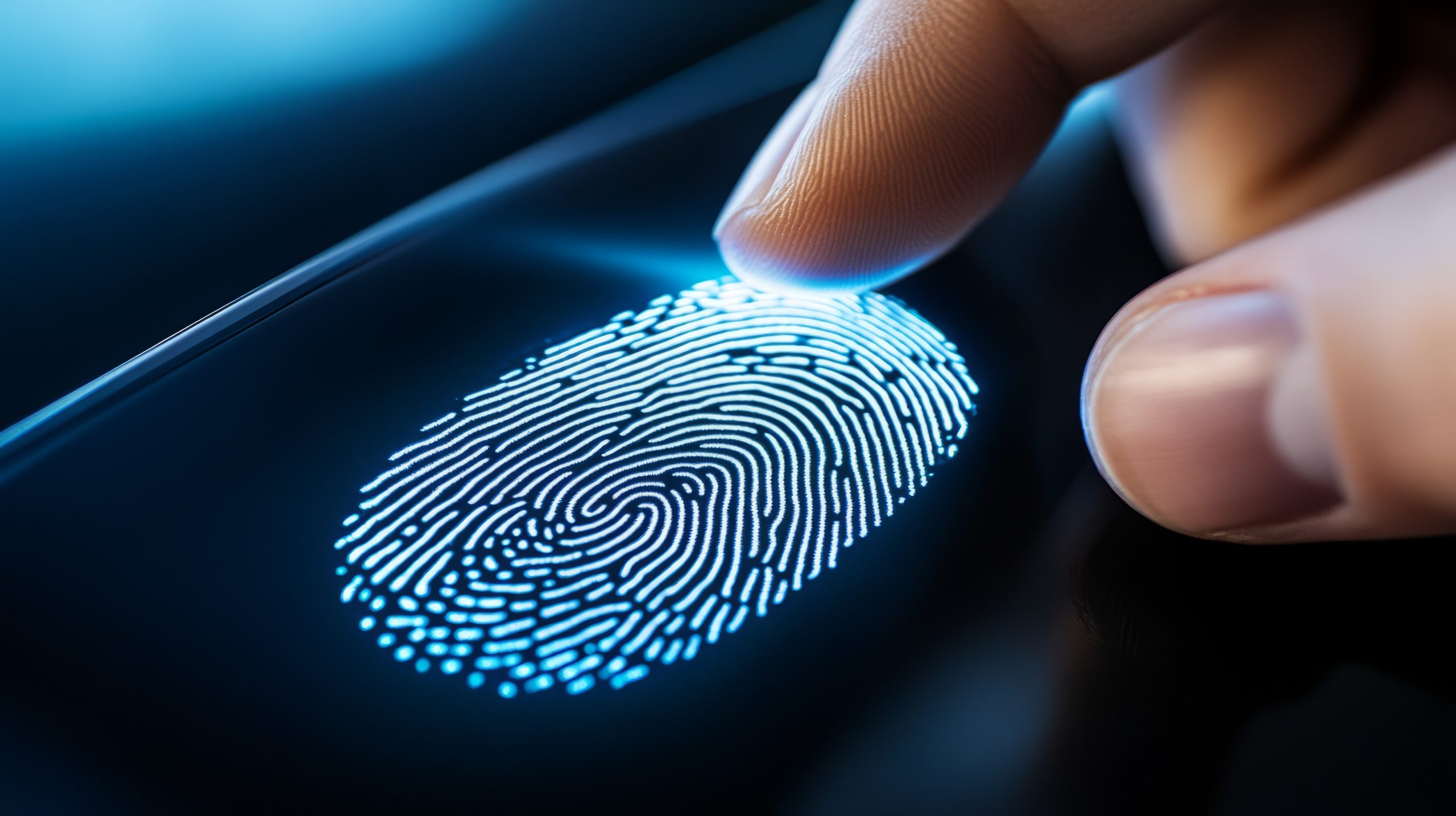Being in a car accident can leave you feeling like too much, especially when the medical bills start to grow. From ambulance rides to follow-up visits, the costs can add up quickly. Understanding who is responsible for these bills and how to handle them can save you from stress and financial trouble. Whether the accident was your fault or someone else’s, knowing your options can help you navigate the process more smoothly.
Managing Medical Expenses Following a Vehicle Accident
Depending on the car accident you experience, you may have some injuries that you have to deal with. This means you might need several different medical services. Knowing the types of bills you might receive can help you prepare. Some of the bills you may deal with include:
- Hospital Bills
- Ambulance Services
- Primary Care Physician Bills
- Specialist Consultations
- Imaging and Diagnostic Tests
- Rehabilitation Services
- Prescription Medications
- Follow-Up Visits
- Assistive Devices
- Home Health Care
Who is Responsible for Car Accident Medical Bills?
After a car accident, determining who pays the medical bills is important. This depends on fault and insurance coverage.
If You’re Not at Fault
When the accident wasn’t your fault, the other driver’s insurance typically covers your medical expenses. Their insurance should cover your medical expenses which could include hospital stays and ambulance services.
If You’re at Fault
If you caused the accident, your medical bills will usually be covered by your health insurance. You might have to cover these costs out of pocket if you don’t have health insurance. You just have to see what your specific plan details are. However, you might later recover these costs from your insurance policy if it includes that coverage.
How to Deal With Insurance Claims and Medical Bills
Knowing how to deal with these bills can reduce stress potentially more than you may realize. You should understand a few processes, regardless of who is at fault.
Filing an Injury Claim
To make sure your auto accident medical expenses are paid for, you must file a personal injury claim. It offers a legit way to go after damages. Filing a claim also helps you access necessary medical care without delays due to cost concerns. You could avoid having to pay for costs brought on by someone else’s carelessness by filing an injury claim.
- Get in Touch with Insurance Companies: Once the accident is over and done with, you have to take the next step. This includes getting in touch with both your insurance company and the other driver’s insurance company. Be clear about the details, including the date, location, and everyone involved.
- Make Sure You Have Evidence: You want to make sure you get everything you need while you can get it. This includes taking pictures and/or videos of the accident site, vehicle damage, and any injuries you have. Also, ask for the details of the responding officer and a copy of the police report to keep for reference.
- Don’t Wait to Get Medical Attention: Even if you feel okay, it’s important to see a doctor right away. Getting medical care sooner rather than later helps protect your health and creates a record that can support any future claims.
- Consult a Lawyer: If the situation is complicated, talking to a car accident lawyer can be helpful.
- Track Expenses: Make sure you record all costs tied to your injuries. This includes medical bills, receipts, and estimates. Don’t forget to log travel expenses for medical visits.
- Negotiate a Settlement: Once you get in touch with the insurance company, tell them you plan to file a claim and provide necessary details. The insurance company might offer a settlement. However, you have the right to negotiate. If settlement discussions fail, it may be necessary to pursue the matter in court with an attorney helping.
Frequently Asked Questions (FAQs)
What If The At-Fault Driver Doesn’t Actually Have Insurance?
You may need to rely on your own insurance coverage if the at-fault driver does not have insurance. If you have uninsured motorist coverage, it is included in this. In some cases, you could sue uninsured drivers. But collecting payment can still be hard if they have little money.
Can I Negotiate My Medical Bills?
Yes, you can often negotiate medical bills with providers. Many are willing to reduce bills, especially if you can pay a portion upfront. Or, if you don’t have health insurance that pays medical bills
How Long Does It Take to Resolve a Car Accident Claim?
Settling a car accident claim can take anywhere from a few months to several years. The timeline depends on how complex the case is and whether it requires legal action. This includes, if negotiations with the responsible party and insurance company.
Summary
It can be difficult to handle medical costs following a car accident, but being aware of your situation helps. Knowing who is responsible for the costs helps you take the right steps and avoid unexpected financial strain. Whether you file an injury claim or negotiate a settlement, staying organized and informed is key. Keep track of all medical bills, receipts, and communication with insurance companies. Speaking with a lawyer can also help you defend your rights and handle challenging circumstances. Taking control of the process can reduce stress and ensure you get the compensation you deserve for your injuries and expenses.
